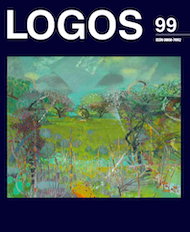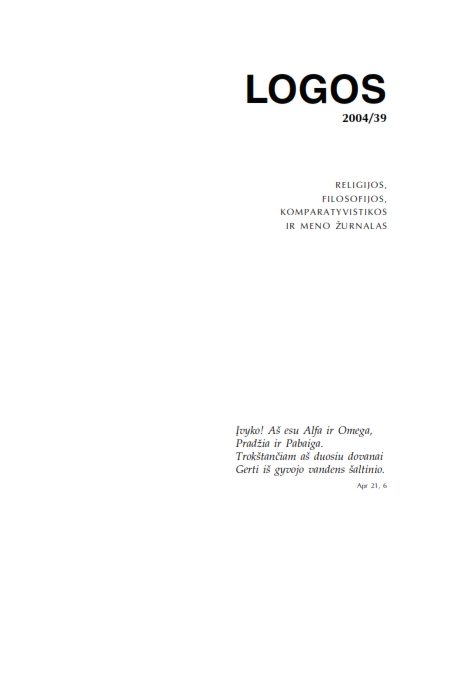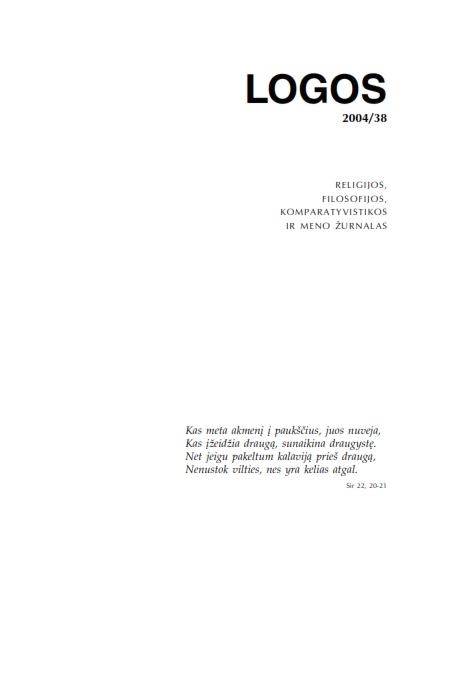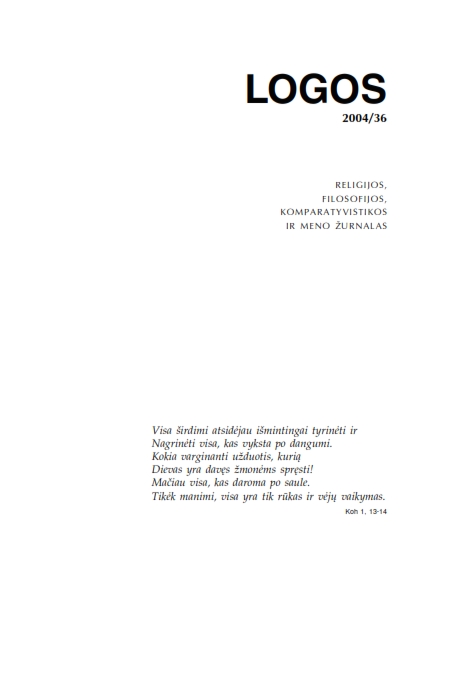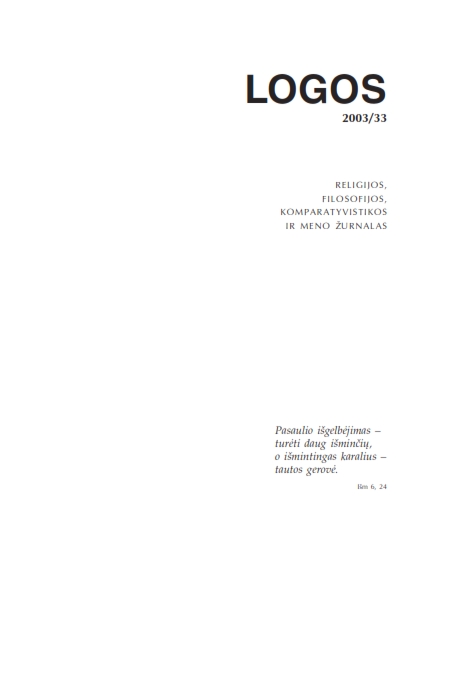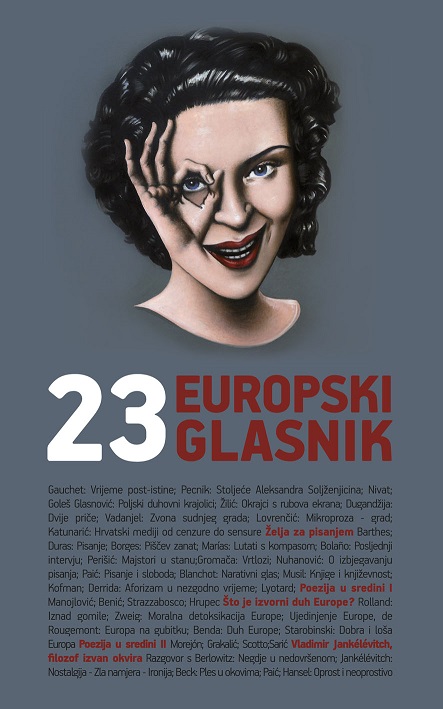
Ironija
I nije neko iznenađenje da ironija skriva izvjesne opasnosti, kako za ironičara samog tako i za njegove žrtve. Manevar je riskantan, i, kao svaka dijalektička igra, uspijeva na jedvite jade : milimetar ovamo – i ironičar je poruga licemjera; milimetar onamo - i prevarit će sama sebe zajedno sa svojim žrtvama; udruživanje s vukovima podrazumijeva akrobaciju koja šeprtlju može skupo koštati. Ironija, pod prijetnjom brodoloma, mora pogibeljno navigirati između Haribde igre i Scile ozbiljnosti: prva od tih zamki otklizavanje je ironije u ludičko, druga ponovni pad alegorije u naivnu tautegoriju; ironija čas podlegne vrtoglavici dvosmislenosti, i dvosmjernost gramma i pneuma je uspije izludjeti; čas pristaje uz gramatičku doslovnost jednoglasno izabravši odustajanje od dvosmislenosti. [...]
More...
